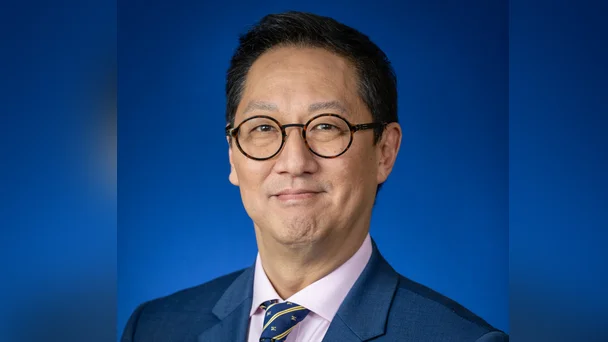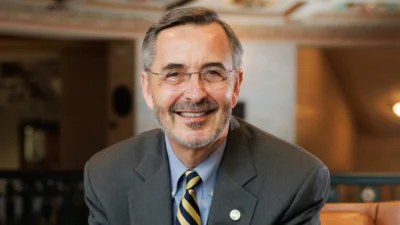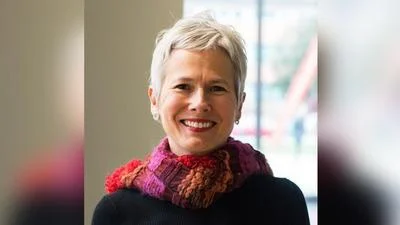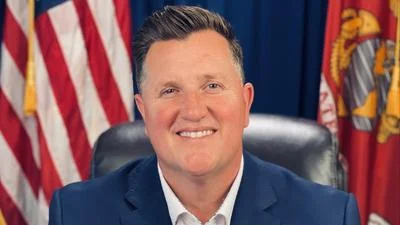Santa J. Ono, President, University of Michigan - Ann Arbor | University of Michigan - Ann Arbor
Santa J. Ono, President, University of Michigan - Ann Arbor | University of Michigan - Ann Arbor
NASA and the National Oceanic and Atmospheric Administration are set to release their 2024 temperature and climate trend assessment. Climate scientists have warned that the planet continues to experience record warming, leading to extreme weather, exacerbated disasters, and stressed ecosystems. University of Michigan experts are available for commentary on these developments.
Richard Rood, a professor emeritus at the College of Engineering, highlighted persistent high sea surface temperatures in 2024. He noted, "Extraordinarily high sea surface temperatures have persisted," indicating a new record warm year. Rood pointed out that reduced cloud cover might be contributing to increased temperatures by decreasing sunlight reflection but emphasized that the causes of changes in cloudiness remain unclear.
Jonathan Overpeck from the School for Environment and Sustainability commented on unprecedented global temperature jumps in recent years. He stated, "The jump in global temperature was unprecedented in 2023," expressing concern over continued acceleration of global warming.
Ayumi Fujisaki-Manome discussed implications for cold regions due to consecutive warm years. She explained that accelerated melting triggers an ice-albedo effect, further intensifying melting processes.
Greg Keoleian from the Center for Sustainable Systems described the 2024 temperature increase as alarming but noted progress through investments in clean energy. He stated, "The societal benefits of climate action overwhelmingly outweigh the costs."
Andrew Hoffman highlighted economic impacts such as rising insurance rates due to more frequent weather events. Dimitrios Gounaridis emphasized challenges faced by communities vulnerable to climate change due to social vulnerabilities and distrust in science.
Todd Allen spoke on transitioning towards cleaner energy futures while respecting community priorities. Mosharaf Chowdhury raised concerns about AI's energy consumption impacting carbon emissions but also recognized AI's potential role in combating climate change.
Thomas McKenney called for bold policy measures beyond incremental improvements within maritime industries. Volker Sick urged rapid actions with thoughtful technology introduction to avoid adverse effects on jobs and resources.
Alan Taub advocated for transitioning to electric vehicles as an effective step against climate change while Valeria Bertacco focused on minimizing carbon emissions from computing tasks by utilizing green energy sources efficiently.
University experts continue exploring solutions across various sectors amid ongoing challenges posed by climate change impacts worldwide.






 Alerts Sign-up
Alerts Sign-up